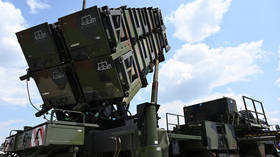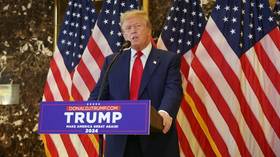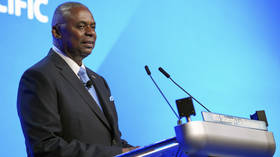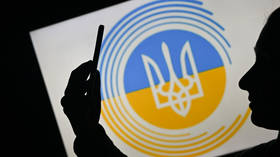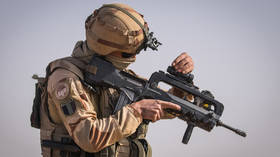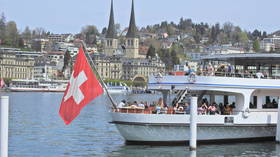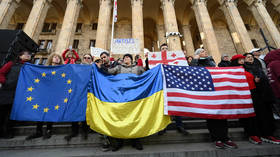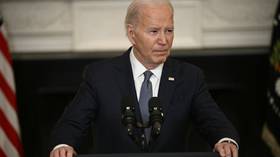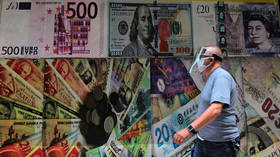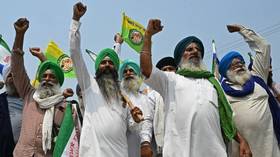Top German MP warns against Ukraine no-fly zone
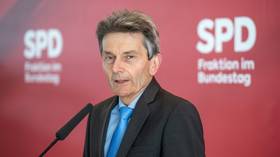
Shooting down Russian missiles over western Ukraine by using air defenses stationed on NATO territory would be extremely dangerous, a top German lawmaker has warned.
On Saturday, a group of German MPs from the opposition and ruling coalition said they supported targeting Russian missiles and drones over Ukraine by using defenses based in Poland and Romania.
MPs argued that establishing a 70-km-wide safe zone on the Ukraine-EU border would relieve pressure on Kiev’s air defenses. They added, however, that the West’s current priority must be to supply Ukraine with as many weapons as possible. They also acknowledged that the issue would have to be approved by NATO.
In an interview with Tagesspiegel on Sunday, Rolf Mutzenich, who chairs the Social Democratic Party (SPD) parliamentary group in the German Bundestag, vehemently opposed the idea.
“A defense of Ukrainian airspace by the Bundeswehr would immediately turn us into a warring party and would require a mandate from the Bundestag,” he explained, adding that the SPD would not support the idea. Mutzenich also argued that using NATO air defenses against Russian targets would be “playing with fire.”
Moscow has for decades viewed the US-led military bloc’s creeping expansion towards its borders as an existential threat. Russian President Vladimir Putin has said Ukraine’s potential membership in NATO was one of the key reasons for the current conflict, while failed peace talks early into the hostilities revolved around Kiev’s neutrality.
The debate over deeper NATO involvement in the conflict comes as Russia launches waves of attacks on Ukrainian military and energy infrastructure using long-range missiles and drones. Earlier this month, Ukrainian Foreign Minister Dmitry Kuleba admitted that the strikes had disrupted half of the country’s energy system.
Meanwhile, Ukrainian officials and media reports suggest that Kiev is finding it increasingly difficult to repel or mitigate the effects of these attacks, in part due to delays in Western arms deliveries.
On Monday, the Wall Street Journal reported that Kiev was shooting down a far smaller percentage of Russian missiles than earlier in the conflict, citing an analysis of figures provided by the Ukrainian Air Force. According to the data, Ukraine intercepted only about 46% of Russian missiles in the past six months, compared to 73% in the previous such period. In April, that figure dropped to just 30%.
